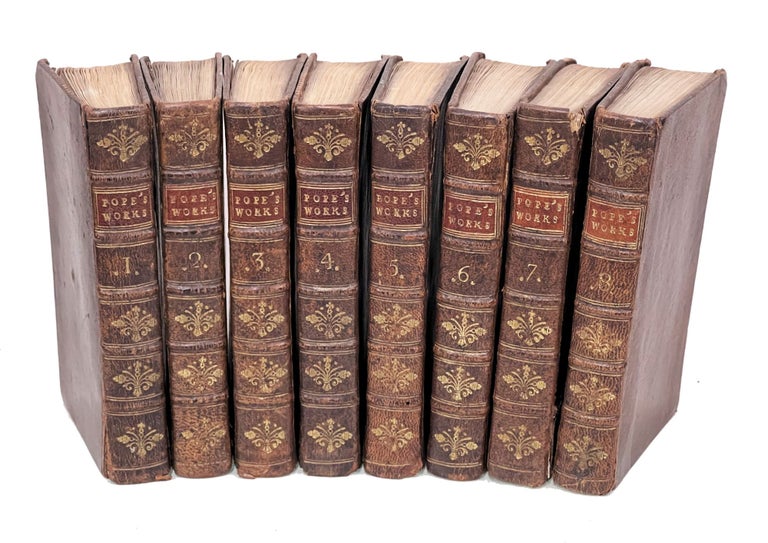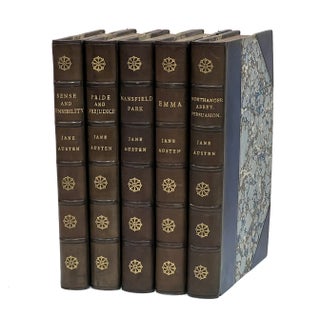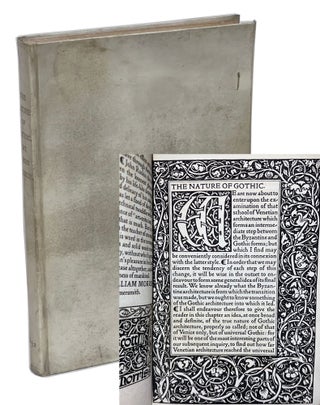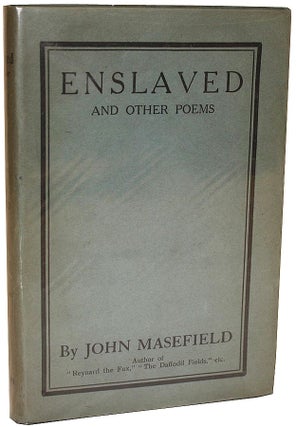
The Works of Alexander Pope, Esq; in eight volumes, with his last corrections, additions, and improvements, together with all his Notes
Price: $950.00
Hard Cover. London: S. Crowder, C. Ware, and T. Payne, 1770. Very Good.
Eight volumes. Finely bound in brown calf, five raised bands to spine, compartments decorated, lettered, and ruled in gilt, red leather label to spine, and red speckled edges. Very good set, with mild dimming to spine gilt, light margin offsetting to endpapers, shallow chipping and splitting to spine joints, some light wear and bumping to corners, Vol. I with partially separated front free endpaper, some wormholes to calf on front board of Vol. I, front endpaper and rear board of Vol. II, and front joints of Vols. II and VII, nicks to lower spines on Vols. I and III, light blue stain to upper edge of front board on Vol. II, Vol. VII with outer front joint faintly cracked. Overall, a very attractive and complete set in an unsophisticated contemporary binding. This set brings together many of Alexander Pope's works, with the material separated as follows: Vol. I: Juvenile Poems and Translations, Vol. II: Imitations and Moral Essays, Vol. III: Satires, Epistles and Miscellanies, Vol. IV: Dunciad in four books, Vol. V: Memoirs of Martinus Scriblerus, and Vols. VI-VIII: Assorted Letters. Pope, one of the greatest English poets of the 18th century, is known for works like his translation of The Iliad, "Essays on Criticism," "Essay on Man," and The Dunciad. His most famous poem, "The Rape of the Lock," is a mock-epic, satirizing the daily on-goings of high society through a story of the theft of a lock of hair. Pope was also a great epigrammatist, and many of his poetic phrases are still popular today: "To err is human, to forgive, divine," "Fools rush in where angels fear to tread," "damning with faint praise," and "eternal sunshine of the spotless mind." He is one of the most quoted writers in The Oxford Dictionary of Quotations, second only to Shakespeare. Item #AP009




